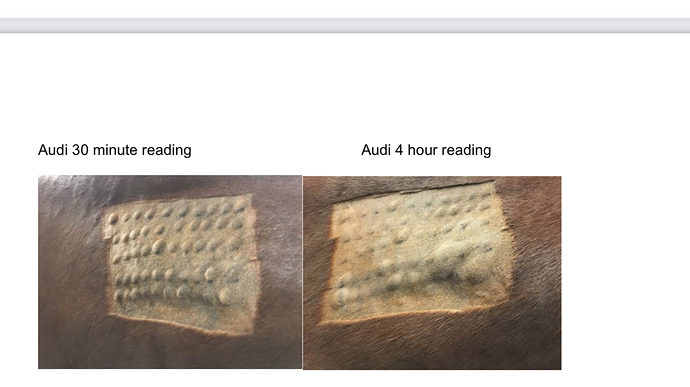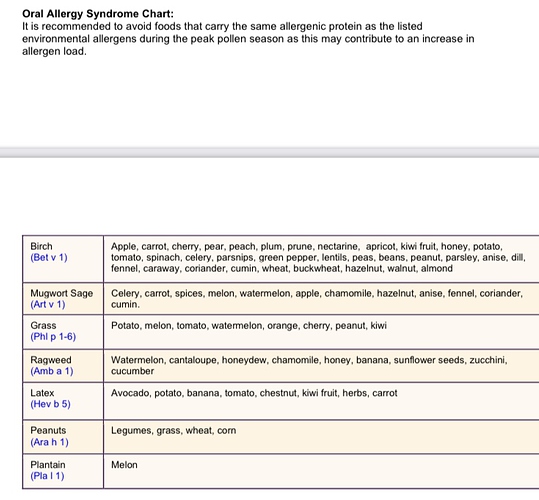My mare will be 13 this year. I’ve had her since she was 3 and most of that time she’s had summer skin allergies (hives and itching). This has mostly been managed that last few years with a sweet itch blanket that keeps her covered from the offending bugs. But other than hives and itching from bugs she’s never shown any other type of allergic response to anything.
A couple weeks ago she started coughing a couple times at the beginning of my ride. This is unusual for her, but it was 2-3 coughs and that was it. The vet was out for someone else, so I had her take a look. She said lungs sounded normal and so were all vitals. So she suspected it was allergies. Well, since then things have gotten worse. She is now coughing quite a bit and breathing heavily even at rest. We tried zyrtec, first just once a day, and then upped to 10 pill 2x a day (horse is approx. 1100lbs). At first this seemed to make some difference not enough. I was worried about such a prolonged period of difficulty breathing, so we started her on oral dex (5ml every every 4 days for 2 weeks) to get things under control. Her breathing has improved greatly, she is still coughing.
She was allergy tested last year and the vet thinks it’s unlikely that anything has changed dramatically and doesn’t think it’s worth redoing the test. I’ve looked up ways to manage heaves/asthma and a lot of them are already in play–she’s outside most of the time (14 hrs a day), she is fed hay from the ground via a slow feeder, her grain is wet. We also had a stretch of rainy days during this period and that did not improve symptoms like I hoped it might.
I am hoping the dex will at least give some time for her airways to rest and inflammation/irritation to come down/heal. But I am starting to look beyond to how I can manage this over the long term. I’m in the southern US, so for us ‘summer’ is most of the year, so i’m not sure learning this is just seasonal offers much relief. So, curious to hear what others have done/found successful in managing heaves in their horses.
She is a performance horse and ideally I would like to be able to get her back into real work, but of course I am not going to work a horse who is having trouble breathing.


